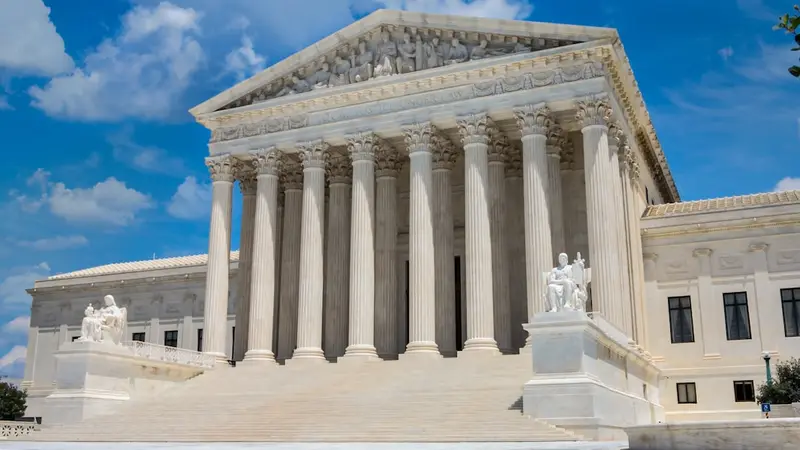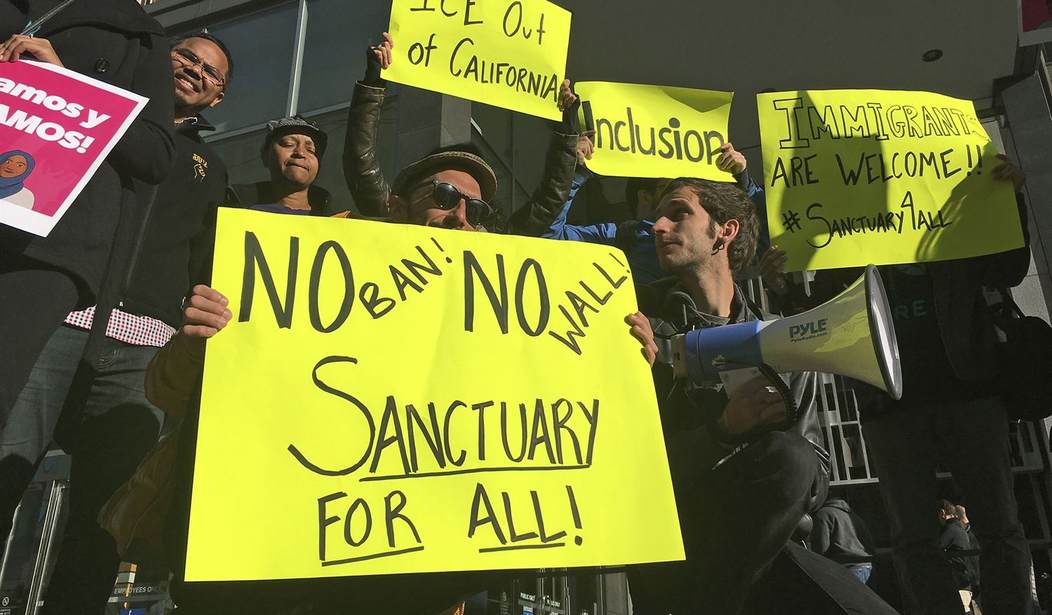
Biden vs. Presidential Immunity

In his prime-time address on July 1, 2024, President Joe Biden sought to respond to the Supreme Court's recent ruling on presidential immunity. However, instead of offering clarity, his speech seemed more like a political maneuver aimed at sowing fear and misunderstanding among the public.
The Supreme Court's ruling was clear: Presidents have immunity for all official acts performed during their tenure. This immunity extends to actions taken to protect or support national security and interests, both while in office and after leaving office, if those acts were deemed official at the time. On the other hand, like any other citizen, presidents do not have immunity for personal acts and decisions. The burden of proof regarding whether an act was official or personal falls on the plaintiff, not the president.
In his speech, President Biden painted a dire picture, suggesting that Trump could use presidential immunity to act as a tyrant, potentially even assassinating opposition. This is a gross misrepresentation of the ruling and a blatant attempt to instill fear for political gain. Presidential immunity is not a new concept; it has been a cornerstone of our democracy, reaffirmed by the Supreme Court, not created by it.
Historically, presidential immunity has been exercised across various administrations. For example, the Obama administration ordered the drone strike killing of Anwar al-Awlaki, an American citizen, without due process, because it was deemed necessary for national security. This action was protected under presidential immunity as it was considered an official act.
Source: American Thinker
Our Popular Posts

There is nothing worse than a police officer trying to take advantage of a system that’s meant to keep people safe...

A DHS report shows Trump’s ICE detainer requests in just months nearly match Biden’s entire term, sparking debate over NYC’s sanctuary policies...

.webp)

.webp)
.webp)
.webp)
.webp)